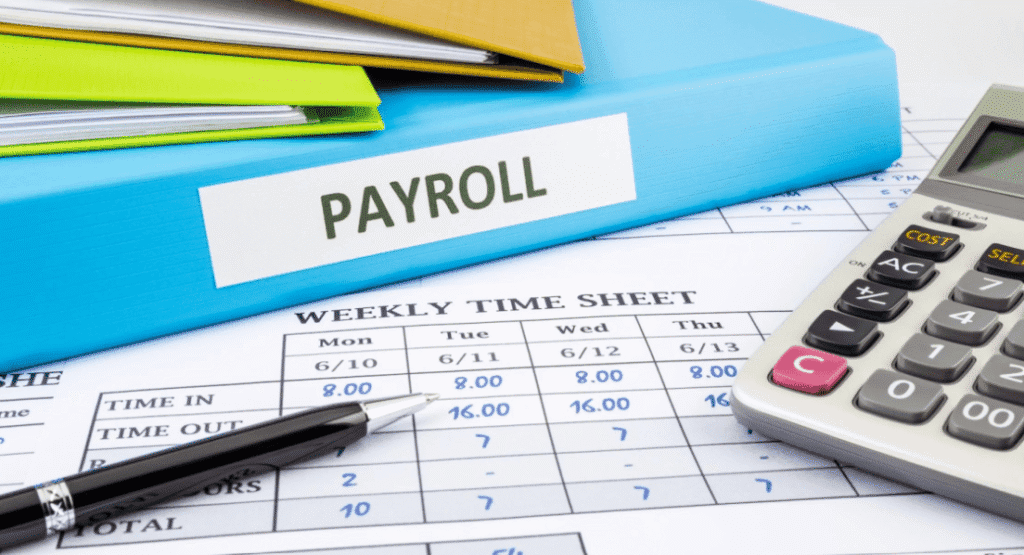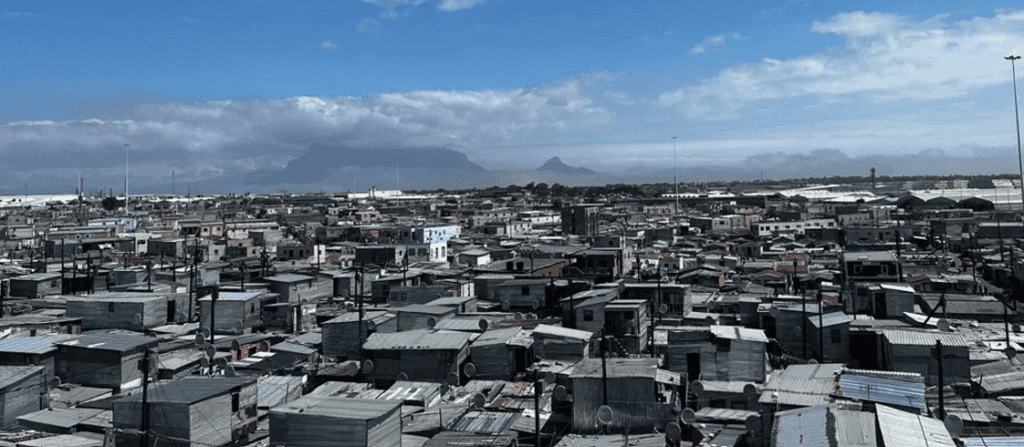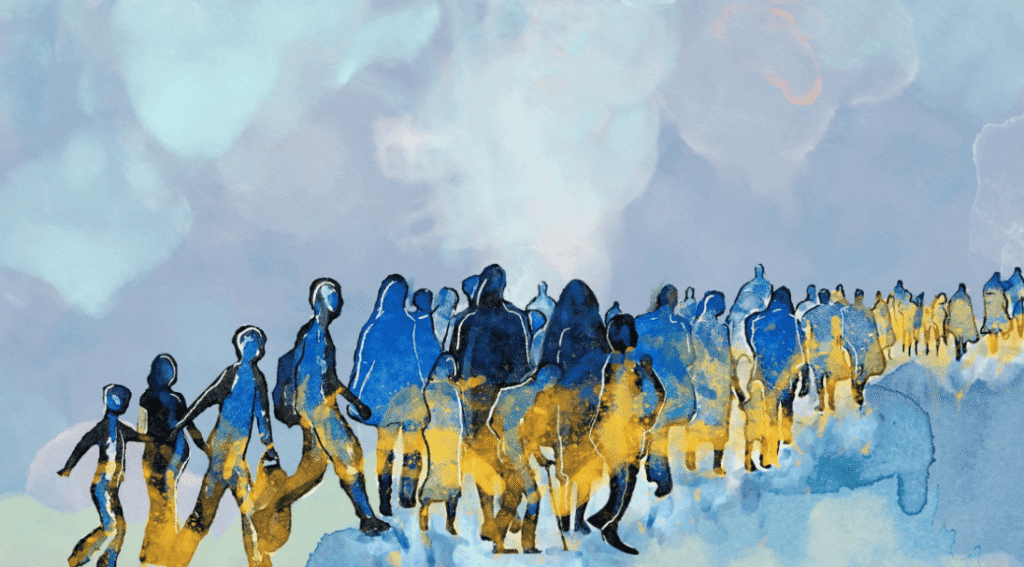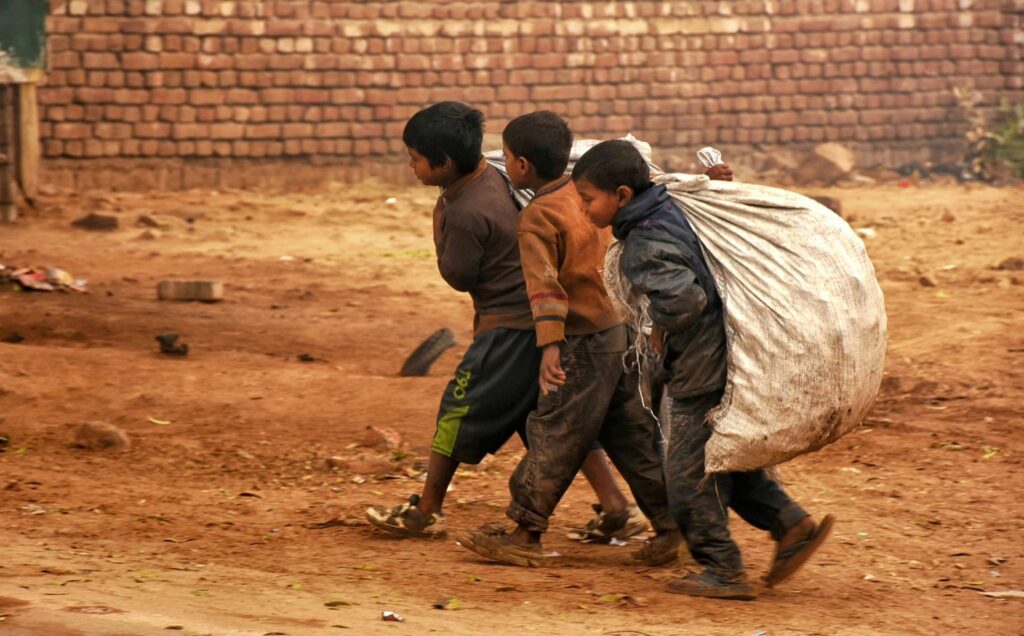The macroeconomic impact of ageing, EU immigration policy and pension expenditures

The EU faces ageing-driven fiscal strain, slower growth and rising pension costs, making employment-focused migration increasingly vital. The European Union population is ageing increasingly rapidly,
Stock market participation and financial education in the digital age

Stock market participation remains low, especially among the older, less affluent, and less educated households, despite its clear benefits for wealth preservation and growth. Although
Working hours around the world

Working hours are a fundamental determinant of economic growth and wellbeing, but we still lack a comprehensive picture of how they vary globally and historically.
Grants to women-owned businesses: when what’s for her does not stay with her

What explains why grants to women-owned microenterprises often fail to yield improvements in business outcomes, especially as compared to grants to men’s microenterprises? This is
The long life spans of royals reveal the secret of ‘healthy stress’

Social status can have a long-lasting influence on people’s health and longevity. This column explores the lifespan of royals – whose status is determined by
Africa’s path to claiming the 21st century runs through its cities

In their recent blog Can Africa Claim the 21st Century?, Andrew Dabalen and Chorching Goh rightly highlight Africa’s moment of opportunity: a convergence of global attention,
Lessons for rebuilding Ukraine from economic recoveries after natural disasters

Although the source and duration of the destruction differ, wars and natural disasters disrupt economies in similar ways. This column examines the effects of natural
What does it mean to live in a country that is 0.517 poor?

According to the UNDP’s Global Multidimensional Poverty Index (MPI), the Republic of Chad has a poverty score of 0.517. But what does this number mean? Is it
Rethinking social protection sustainability: What people want (and don’t want)

Population ageing makes it harder for governments to finance programmes like public pensions and long-term care. But policy responses, such as tightening programme eligibility and
Hiroshima: Resilience of city structure after the atomic bombing

Cities have faced a host of shocks throughout history, including earthquakes, hurricanes, coastal flooding, and storm surges, as well as wartime destruction, such as in





